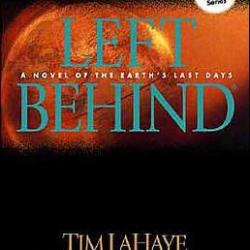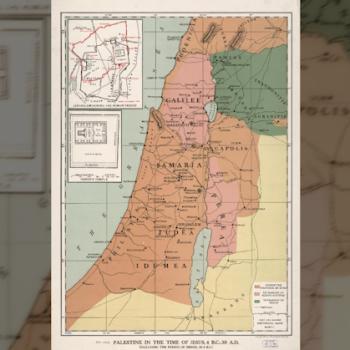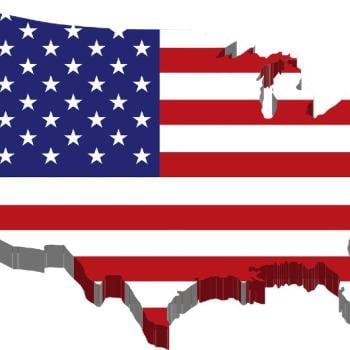In your book, you point out that this problem we've had since 9/11/2001 - this problem of misunderstanding and bad mouthing Muhammad in some circles - really has been going on for more than 1,000 years.
Yes, and I think many Muslims forget this long history. In writing this book, I've kept in mind two different audiences. One audience is the wider, general, non-Muslim audience - people who are Jewish or Christian or secular in this country. The other audience is Muslims who, I think, also need to remember some things we've forgotten. Over the last 10 or 15 years, I've been engaged frequently in public speaking about Islam to a wider audience and I've found that the vast majority of non-Muslims know very little about Muhammad.
This is unfortunate because Muslims relate so closely to the Prophet Muhammad throughout their lives. People are reminded of his example on a daily basis. We think continually of his ethics - the way he treated every human being he came in contact with - and Muhammad becomes a measure of the noble qualities it's possible to attain as a human. The Prophet is central to Islam. So, now, almost a decade has passed since 9/11 and, despite all the intensive dialogue about Islam around the world, Americans still know incredibly little about Muhammad and very little about the spiritual teachings of Islam. I think some of the blame needs to rest with us as Muslim scholars, teachers, and writers.
I don't know that "blame" is a fair term. The Muslim leaders I know have nearly worn themselves out over the past decade, accepting one opportunity after another to meet non-Muslims and talk about Islam.
The main problem is that we've spent almost ten years defending what Islam is not. We start by stressing that Islam is not about terrorism, not about misogyny, not about extremism. Now, that's an important thing to point out when so many people have that misconception, but it doesn't give a very good picture of Islam. I don't know any human being who signs up for anything based on what it's not. Islam stands for many things. But, as Muslims, we've done a terrible job of communicating with a wider audience about our spiritual goals and the traditions that go back all the way back to the Prophet Muhammad.
Well, as a journalist, I've visited mosques around the world, including in Asia and the Middle East. When non-Muslims do visit mosques, for example, there's a whole lot to explain in a short period of time.
I know. I've traveled widely myself and I've heard the talks given to visitors. They're usually about the postures of prayer and the five pillars. I know these are well-intentioned talks, but that way of introducing Islam can turn our experiences with non-Muslims into something like a visit to a museum or a zoo. We seem to focus on explaining how people perform as Muslims.
I think the five pillars are just too overdone at this point. Think about going to Athens and seeing the Acropolis - now those are beautiful pillars, but the building is empty. Or, think about inviting someone to visit your home. Friends will be less interested in the structures that hold up your house than in what it means to live in your family - to live in your home - on a daily basis. I understand that it's hard to talk about what we believe, because you can't see that in front of you. I understand that it's easier to show visitors what we do - like the postures of prayer. But I think we can start talking about deeper things, like what prayer meant to the Prophet Muhammad and what this means for Muslims today.
The front cover of your book includes the words A Biography, but your book is not what most readers will expect from a traditional biography. You do, indeed, tell us the story of Muhammad's life in considerable depth. But your book really is an exploration of what this major religious figure meant - and still means - to people around the world. For example, your opening section, which is about 50 pages long, is called "The World Before Muhammad," then the next 70 pages is called "The Muhammadi Revolution" about the way his life and his approach to religious principles changed history. Toward the end of your 300-page book, you put it this way: "For Muslims, if God is at the center of existence, it is Muhammad who marks the path to that center. Muhammad remains indispensable." Along the way, you translate a lot of fascinating Islamic texts - some of them quite beautiful. In fact, I think that's one of the best selling points for this book - these great excerpts you translate and sprinkle through the book.




